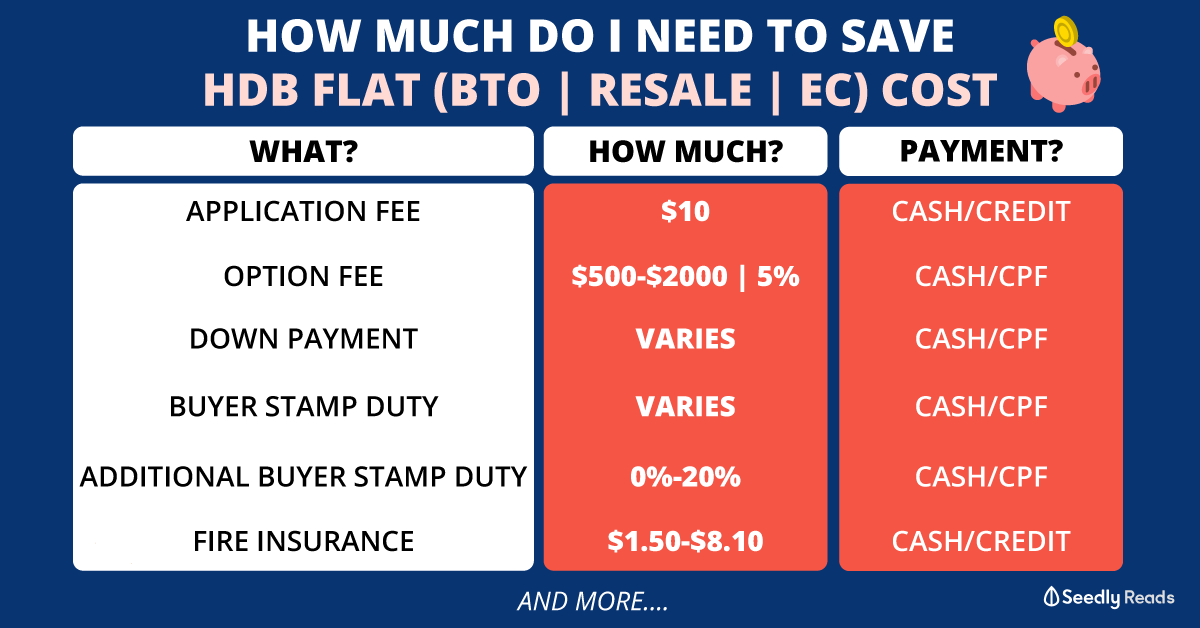Advertisement
Anonymous
Is ILP really that bad?
Why is everyone saying ILP is bad?
I understand not to mix investment with insurance but there are some ILP plans that have minimal insurance portion.
I know the fees are slightly higher but can non professionals like us outperform the team who are managing the funds?
I went to look at AXA pulsar/wealth accelerate. You can read the brochure and let me know if it's the kind of ILP that tries to earn lots of commission by mixing investment and insurance.
14
Discussion (14)
Learn how to style your text
Victor Lye
21 Sep 2019
Founder & CEO at SquirrelSave
Reply
Save
Summing up my own experience which I had also "cut loss" last year due to individual circumstances.
1) I find that ILP incurs a lot of fees. There is the admin fee, there is a sales charge, there is a deduction for insurance coverage, and the fund itself has own deductions for its own management fee. If you total it up, the fees can be as high as 7% of your premiums... FYI, that means if the fund return was less than 8% a year, I would see a year on year drop in total value vs premiums paid. As I was sold the policy of retirement savings, it was very difficult for me to see how that was "saving" because the fund had difficulty meeting 8+% every year, that I calculated I was actually better off buying SSBs as an alternative to the (fund return less total fee cost).
2) On the 101 death coverage part, I don't really want the death coverage, which was meaningless to me as I already had whole life policy since graduation. It didn't cover any other type of risk, so I really struggled with why I was paying the deductions for this 101% death coverage. I was not getting value for the money paid. Anyway, it's for retirement which I am supposed to be alive right? So the death benefit benefits whom?
3) The ILP was like a death noose because I felt constantly stressed and held like a hostage to maintain the 750 monthly premium. In 2018, I was forced to decide whether I would keep the property or the ILP as I prepared myself to be made redundant for the third time in my life. That was unique to my own situation, but it alerted me to the high inflexibility of the ILP. At a position level that is moderately threatened by redundancy, I find that I needed something that I could scale the contribution level according to my comfort level and need for cash. SRS and RSTU suit that very well coz if I lose my job, I could stop contributing and don't have to cough up the 750 monthly premiums on top of servicing the loan and cutting back on the family budget.
4) Sorry to say the ILP didn't have tax reliefs like SRS and RSTU. There might be something still similar that can be bought with SRS contributions, but I would still pay attention to the fees.
5) Unique to myself. The company (Friends Provident) offering the ILP was undergoing a lot of changes, either the owner/parent company / CEO / where the company was based / accounting policy to value the investments/fund manager/fund denomination currency was being changed each year (for the four years I was holding). I really could not understand how I could have seen two CEO switches within 4 years, I was very concerned it would go bust... As I paid more attention in 2018, I think the fund manager changed strategies... He was playing tech (FANG) in first six months, then switched to healthcare when facebook and google lost money, then changed to index investing and I had no idea what indices those represent. To stabilize the fund performance from losses under FANG stocks, he went to switch the fund currency to GBP. That hit the nail in the coffin. In 2018, the fund lost a total close to 27%, most of the loss in December primarily from the change of fund currency..... My investments only lost by like 3% in 2018, and I recovered back quite well this year. For the fund, it has been underperforming vs his benchmark, and as much as 10% less than my own. I find the fund manager more of a gambler, to be honest.
End of the day, if the "smart manager" is only as smart as buying indexes, I could save cost (cutting out his fees) and DIY myself right?
That's my two cents.
Reply
Save
ILP is a rubbish product that serves only to enrich the sellers.
Please avoid at all cost!
Reply
Save
Some financial consultants like to assert that there are different types of ILPs. Some are more “investment-oriented” and some are not. I agree.
However, at the end of the day, ILPs is manure as an investment product.
And as the saying goes, you can put a flower on manure, it is still a manure.
Reply
Save
Angeline Teo
16 Sep 2019
Calculator at The Internet
1) policy fees charged upon your policy
2) extra management fees that would have been lower if you ...
Read 3 other comments with a Seedly account
You will also enjoy exclusive benefits and get access to members only features.
Sign up or login with an email here
Write your thoughts
Related Articles
Related Posts
Related Posts
Advertisement









ILP is a bundled product comprising (i) protection (insurance) and (ii) investment components. In traditional insurance which also contain the protection and investment components, the insurance company will basically break the premium you pay into the two components. The protection component usually is small compared to the investment component. This is because insurance companies tend to ramp up the investment component.
Why? One possible reason is the commission sales structure, sales people will generally prefer higher premium products to sell - simply because of the higher commissions they will earn.
In the case of traditional insurance, the insurer will have to invest the investment (or savings) component - to generate returns for the policyholder. But often the insurer can only invest mostly in conservative investments such as bonds because of the long term nature of insurance policies and capital-based regulations. This is not ideal typically for a young person who has a long-time runway.
In the case of the ILP, the insurer essentially "outsources" the investment burden to a third party manager(s). The sum assured will also depend on the performance of the investments.
The key question is whether the traditional insurance product or the ILP is suitable for a person. The clue is that most ILP holders treat it like an investment. But an ILP is an insurance product. So there is an element of mis-selling here if the client treats it as an investment. The key factor is that unlike normal investments, you cannot simply liquidate or exit the investments in an ILP - because you will also lapse the insurance component. Statistically, you are less insurable with time. This poses the dilemma of re-insurability.
It is far better and more flexible to BUY TERM & INVEST THE REST. No need to bundle. You can enjoy your protection at lower charges and cost while having full flexibility to invest. ILPs came about more due to tax benefits where such premiums can be tax-deductible. In Singapore, there is no such benefit. In short, ILPs are not ideal.